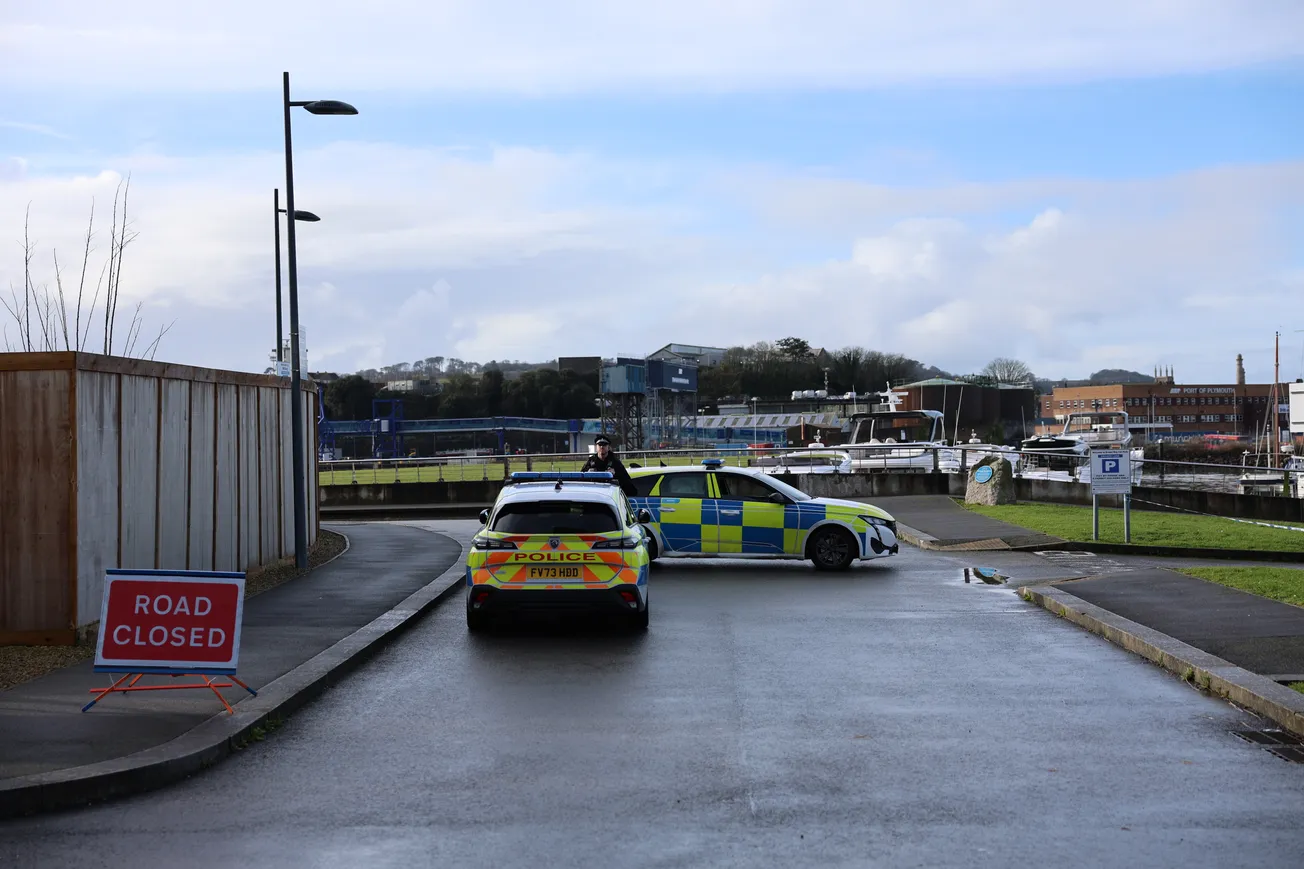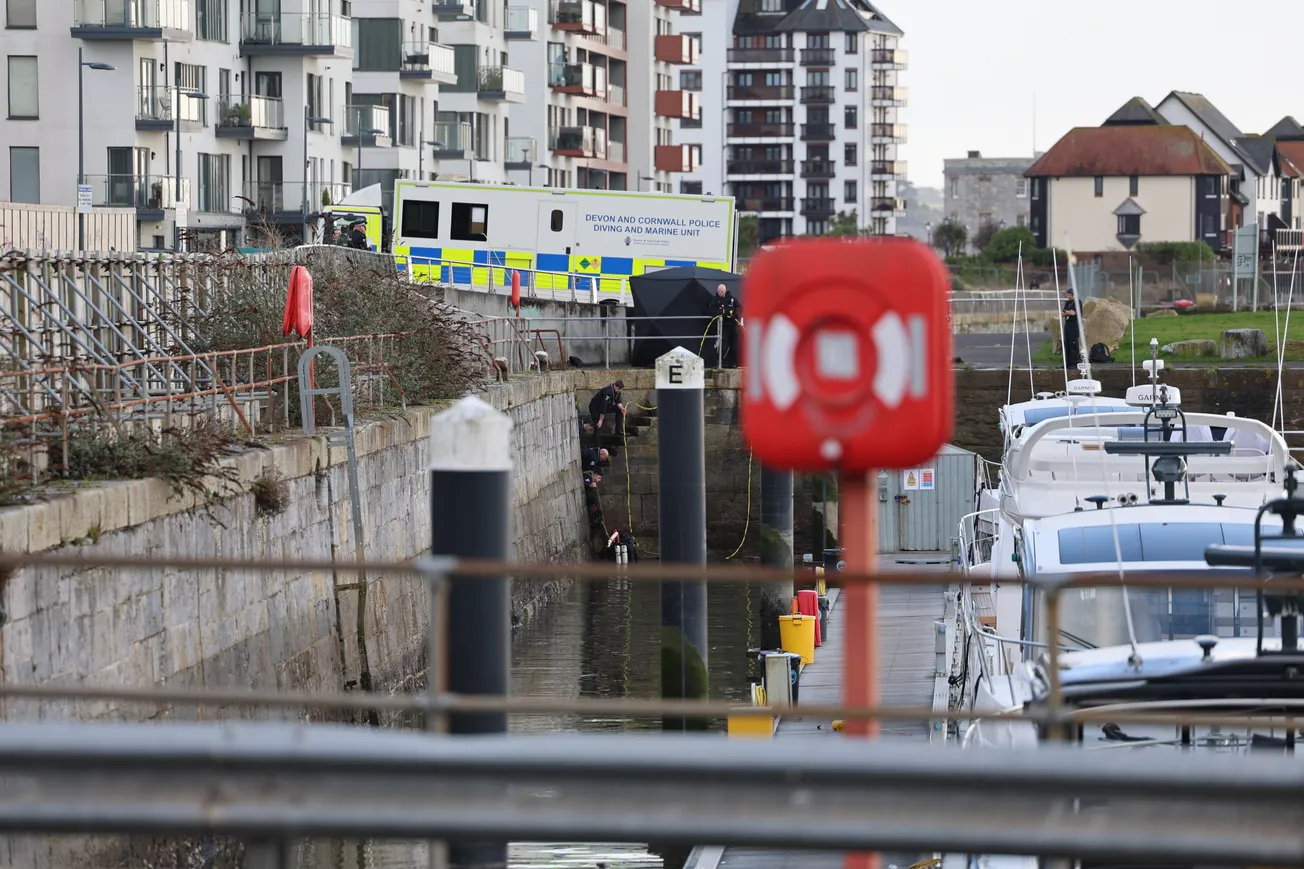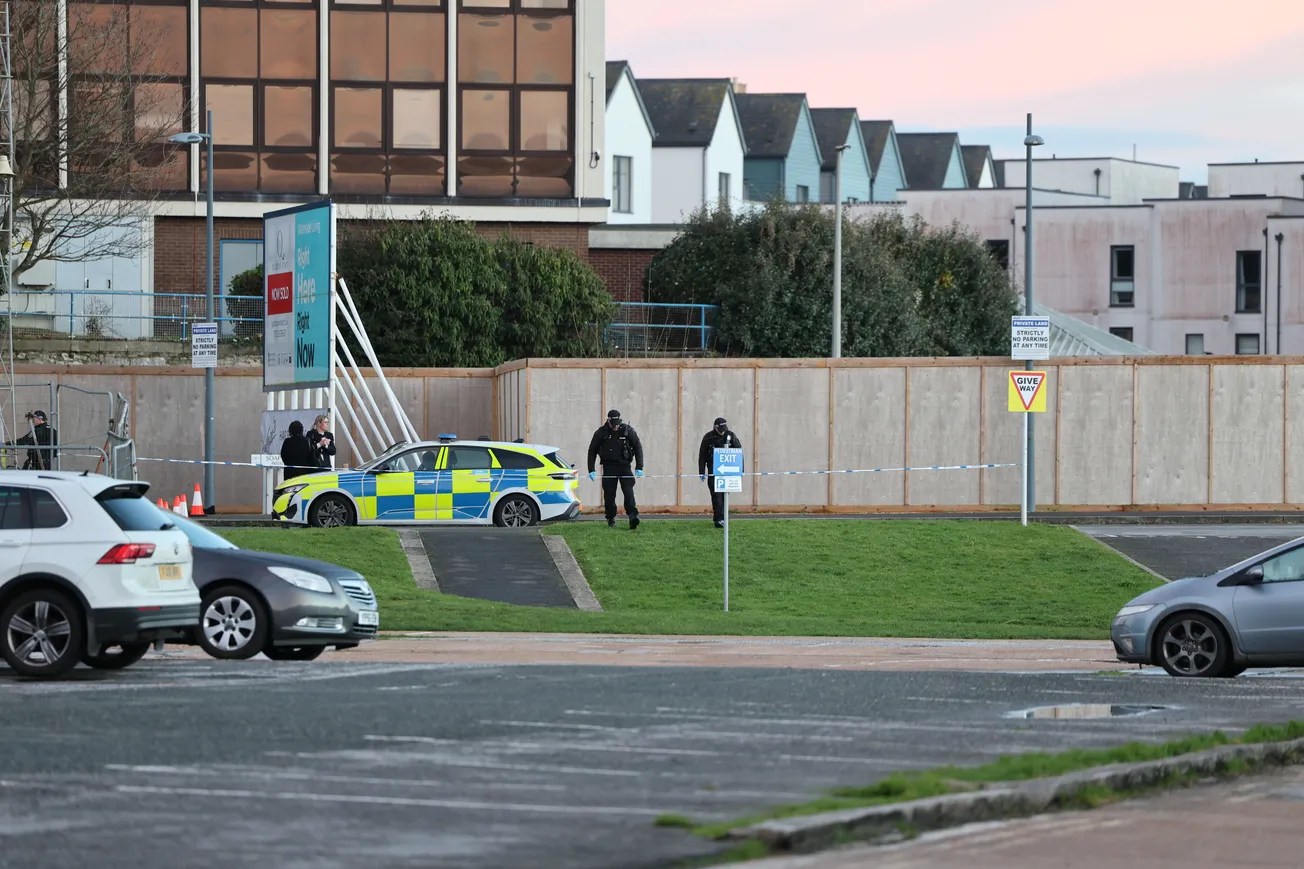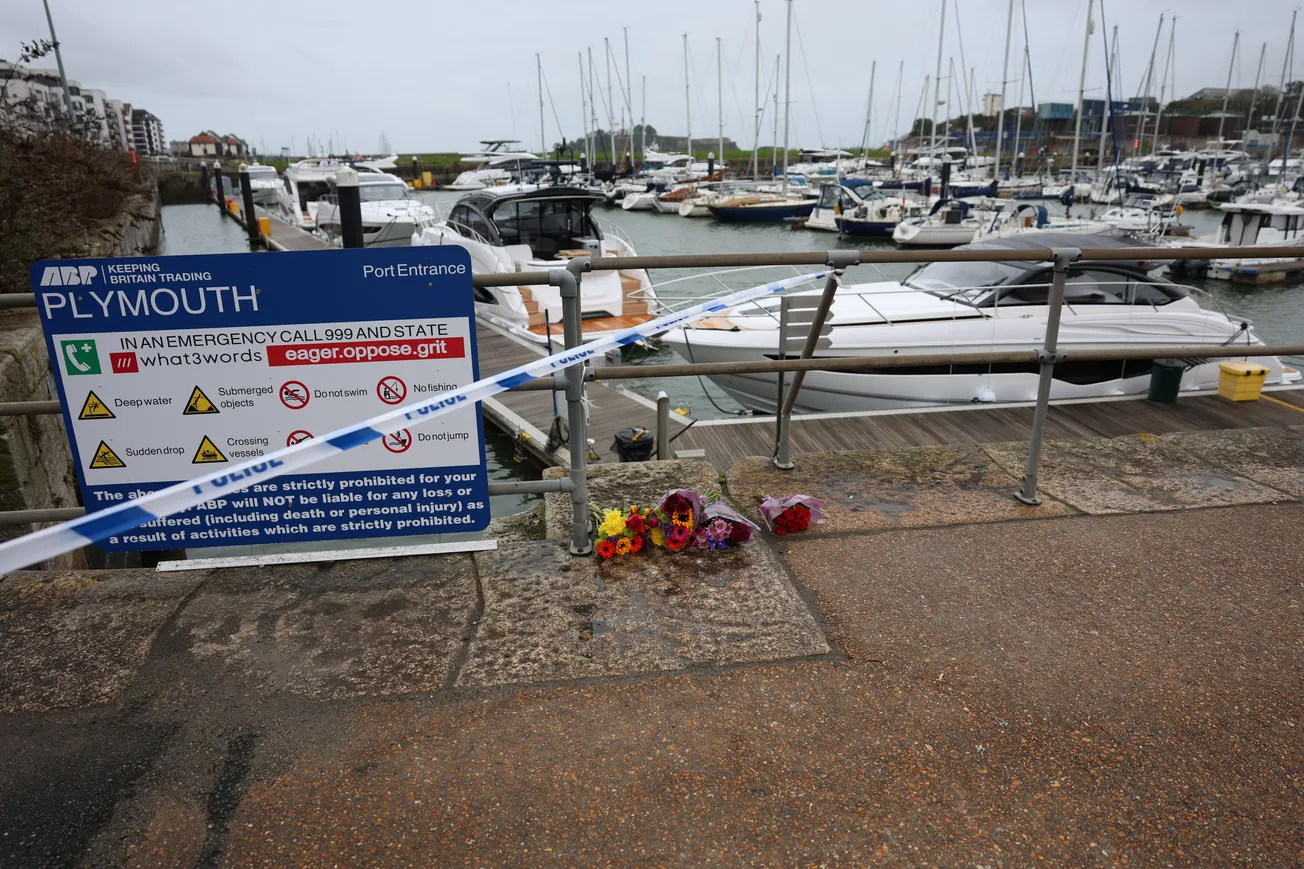Plymouth Plus investigations have uncovered that 11 Plymouth Labour councillors allocated a total of £2,900 to Clean Our Patch between February and March this year via Councillor Community Grants.
Plymouth residents have approached Plymouth Plus with concerns about these financial contributions, which were made just weeks before Clean Our Patch founder El Clarke declared her opposition to a Directly Elected Mayor in the May edition of the Plymouth Chronicle.
About Clean Our Patch
Clean Our Patch is a Plymouth-based community organisation founded in 2018 that has developed 40 litter picking groups across the city. The group collects 1,500 to 2,000 bags of litter monthly and operates as a community interest company.
Councillor Community Grants under scrutiny
Our investigation has uncovered the specific amounts contributed by Plymouth Labour councillors to El Clarke's organisation during the February to March period.
Leading the grant allocations was Moor View Councillor Lindsay Gilmour with £500. Together, the donations totalled £2,900. It remains unclear whether the grant allocations reflect particular challenges in the councillors' individual wards or whether they were coordinated centrally within a few weeks of each other.
Plymouth City Council's website states that these grants are allocated annually and "help not-for-profit groups and organisations in the city." In local politics, financial contributions to community organisations and causes are routine, with councillors regularly supporting initiatives that align with their political priorities or constituent interests. Councillor Community Grants can be used for a wide range of projects, including facilities for older people, community safety and young people.
However, given that Plymouth City Council provides its own comprehensive waste management services, using community grants to fund additional waste collection raises questions about whether Labour councillors have full confidence in the services they are responsible for delivering.
Financial Influence and Political Independence
The referendum campaign has highlighted broader questions about political financing and influence, with the anti-Mayor campaign now under the spotlight.
When financial support precedes significant political endorsements or campaign positions, it naturally invites scrutiny about the relationship between the two. The timing of such contributions - particularly those occurring shortly before major political announcements - can raise questions about whether endorsements reflect genuine independent conviction or other considerations.
Regardless of the specific circumstances, Councillor Community Grants are ultimately funded by taxpayers, and clear separation between financial support and political independence remains essential for maintaining public confidence in local government.
The choice facing Plymouth on Thursday 17th July
As the campaigns intensify, the choice on how Plymouth is governed is becoming clearer. The ballot will determine whether Plymouth adopts a directly elected mayor system, giving residents the power to choose their leader, or maintains the current arrangement where the leader is selected by councillors.
Plymouth Labour, through their 'Plymouth Knows Better' campaign, opposes the change, advocating for the continuation of the existing system where the city's leader is chosen by a small group of councillors in closed-door meetings. This process has seen Labour's Tudor Evans lead the city for five terms over the past 26 years.
Supporters of a directly elected mayor argue that Evans's extended leadership period has coincided with significant challenges for Plymouth, including economic stagnation, persistent intergenerational poverty, and controversial decisions such as the removal of mature trees along Armada Way that had formed part of the city centre's urban canopy.
Proponents of directly elected leadership contend that Plymouth residents deserve both the right to select their leader and the power to hold them accountable through regular elections. They argue that without this fundamental democratic reform, Plymouth risks perpetuating the same governance model that has overseen the city's current difficulties.
The Democratic Imperative
As Plymouth prepares for this historic vote, the fundamental question remains:
Should residents have the direct power to choose and remove their city's leader?
or
Should this decision continue to rest with a small group of elected councillors?
Read more on Plymouth's Mayoral Referendum:
Sign up for free below to get notified with all the latest breaking news from Plymouth Plus.









